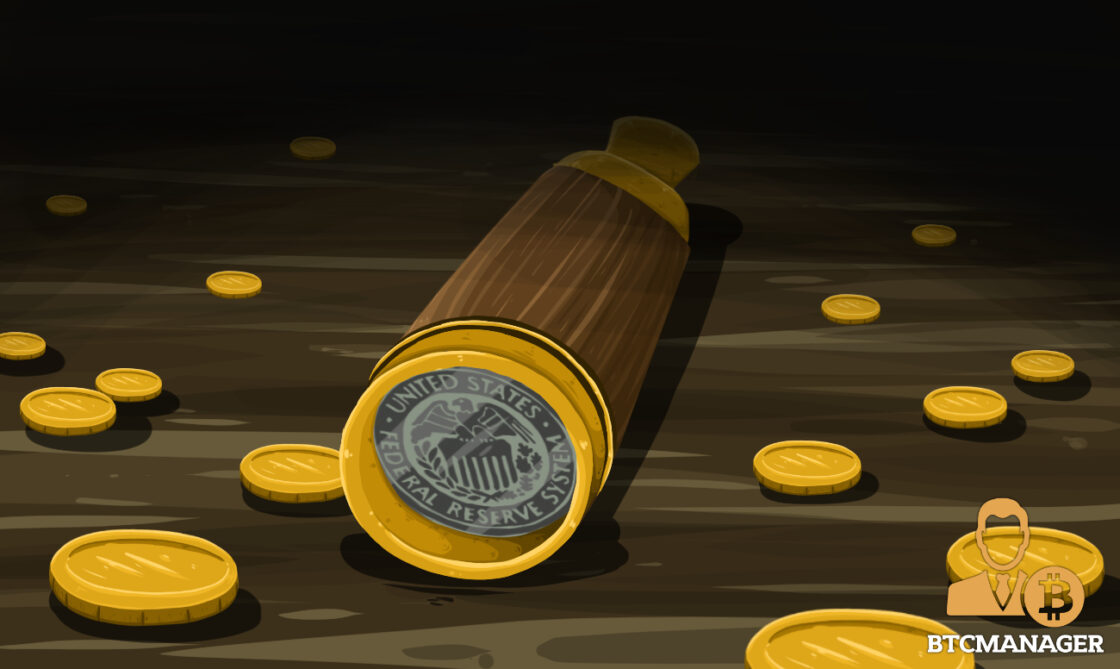PALO ALTO, Calif. (Reuters) - The Federal Reserve is taking a look at a broad variety of problems around digital payments and currencies, including policy, design and legal considerations around potentially providing its own digital currency, Governor Lael Brainard Go to the website stated on Wednesday. Brainard's remarks suggest more openness to the possibility of a Fed-issued digital coin than in the past." By changing payments, digitalization has the prospective to provide higher value and benefit at lower cost," Brainard said at a conference on payments at the Stanford Graduate School of Company.
Central banks internationally are discussing how to manage digital finance technology and the dispersed journal systems used by bitcoin, which promises near-instantaneous payment at potentially low expense. The Fed postheaven.net/degilchjsw/palo-alto-calif-fy9v is establishing its own day-and-night real-time payments and settlement service and is currently examining 200 remark letters sent late last year about the proposed service's design and scope, Brainard said.
Less than 2 years ago Brainard told a conference in San Francisco that there is "no compelling demonstrated requirement" for such a coin. However that was prior to the scope of Facebook's digital currency aspirations were commonly understood. Fed officials, consisting of Brainard, have actually raised concerns about customer protections and data and personal privacy dangers that might be postured by a currency that might enter into use by the third of the world's population that have Facebook accounts.
" We are collaborating with other central banks as we advance our understanding of reserve bank digital currencies," she said. With more countries checking out releasing their own digital currencies, Brainard said, that contributes to "a set of factors to likewise be making sure that we are that frontier of both research study and policy advancement." In the United States, Brainard stated, concerns that require research study include whether a digital currency would make the payments system safer or easier, and whether it might present financial stability risks, including the possibility of bank runs if money can be turned "with a single swipe" into the main bank's digital currency.
To counter the monetary damage from America's unmatched nationwide lockdown, the Federal Reserve has taken unmatched actions, consisting of flooding the economy with dollars and investing straight in the economy. The majority of these relocations received grudging acceptance even from many Fed doubters, as they saw this stimulus as needed and something just the Fed might do.

My new CEI report, "Government-Run Payment Systems Browse around this site Are Unsafe at Any Speed: The Case Against Fedcoin and FedNow," information the dangers of the Fed's current plans for its FedNow real-time payment system, and propositions for central bank-issued cryptocurrency Click to find out more that have actually been dubbed Fedcoin or the "digital dollar." In my report, I talk about concerns about privacy, data security, currency adjustment, and crowding out private-sector competition and innovation.
Supporters of FedNow and Fedcoin say the government should create a system for payments to deposit quickly, rather than encourage such systems in the economic sector by lifting regulatory barriers. However as kept in mind in the paper, the private sector is supplying a seemingly endless supply of payment technologies and digital currencies to resolve the problemto the level it is a problemof the time gap in between when a payment is sent out and when it is gotten in a savings account.
And the examples of private-sector innovation in this location are lots of. The Cleaning House, a bank-held cooperative that has been routing interbank payments in different kinds for more than 150 years, has been clearing real-time payments because 2017. By the end of 2018 it was covering 50 percent of the deposit base in the U.S.